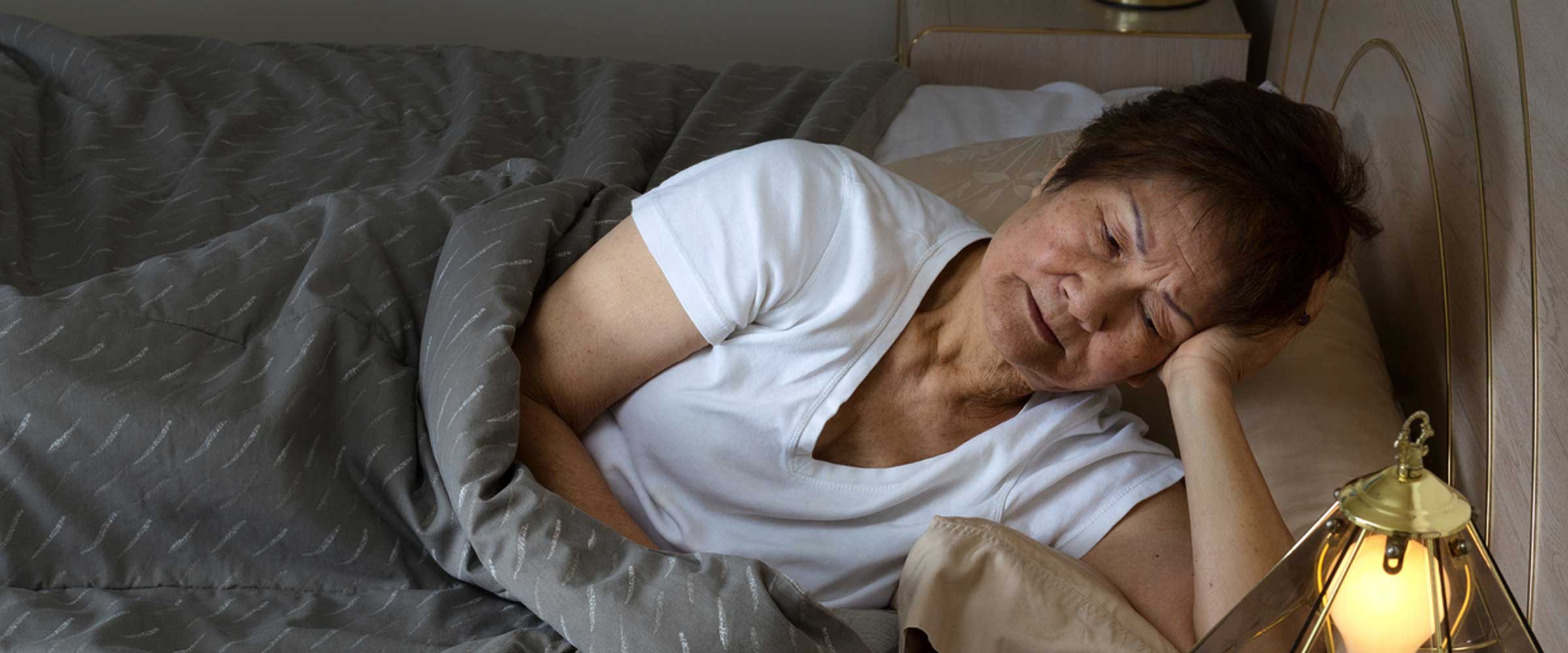Poor Sleep Puts Older Women at Risk for Falls
April 24th, 2019

We all know that it is important to get a good night’s sleep, and this may be especially important for older women. New research from Jane Cauley, DrPH, of the University of Pittsburgh Graduate School of Public Health, published in the Journal of Bone and Mineral Research, found that women who slept poorly, or slept too much or too little, had an increased risk of falling and breaking a bone.
Dr. Cauley and her team studied self-reported data from 157,306 postmenopausal women aged 50-79 and found a connection between the hours and quality of sleep and the risk of having recurrent falls (falling at least twice in a year). Women who reported short sleep (less than 5 hours) or long sleep (10 hours or more) had a 25 percent increased risk of recurrent falls; short sleepers also had a greater risk of breaking a bone. Women who said they had a better sleep quality were less likely to fall than women who said their quality of sleep was average.
Although the reasons that poor sleep increases the risk of falls and fractures is not fully understood, the authors note several possibilities. Poor sleep may disrupt bone metabolism and increase inflammation—both of which are risk factors for fractures. Additionally, poor sleep can indirectly contribute to obesity, depression, and mental decline—all of which are associated with falls. People who have chronic disease or use multiple medications may also sleep poorly and be at an increased risk for falls and fractures. Given the widespread prevalence of sleep disorders in older adults, more research is needed to better understand the link between sleep and falls and to find better interventions to prevent them.
Learn more about studies related to bones, joints, and muscles.